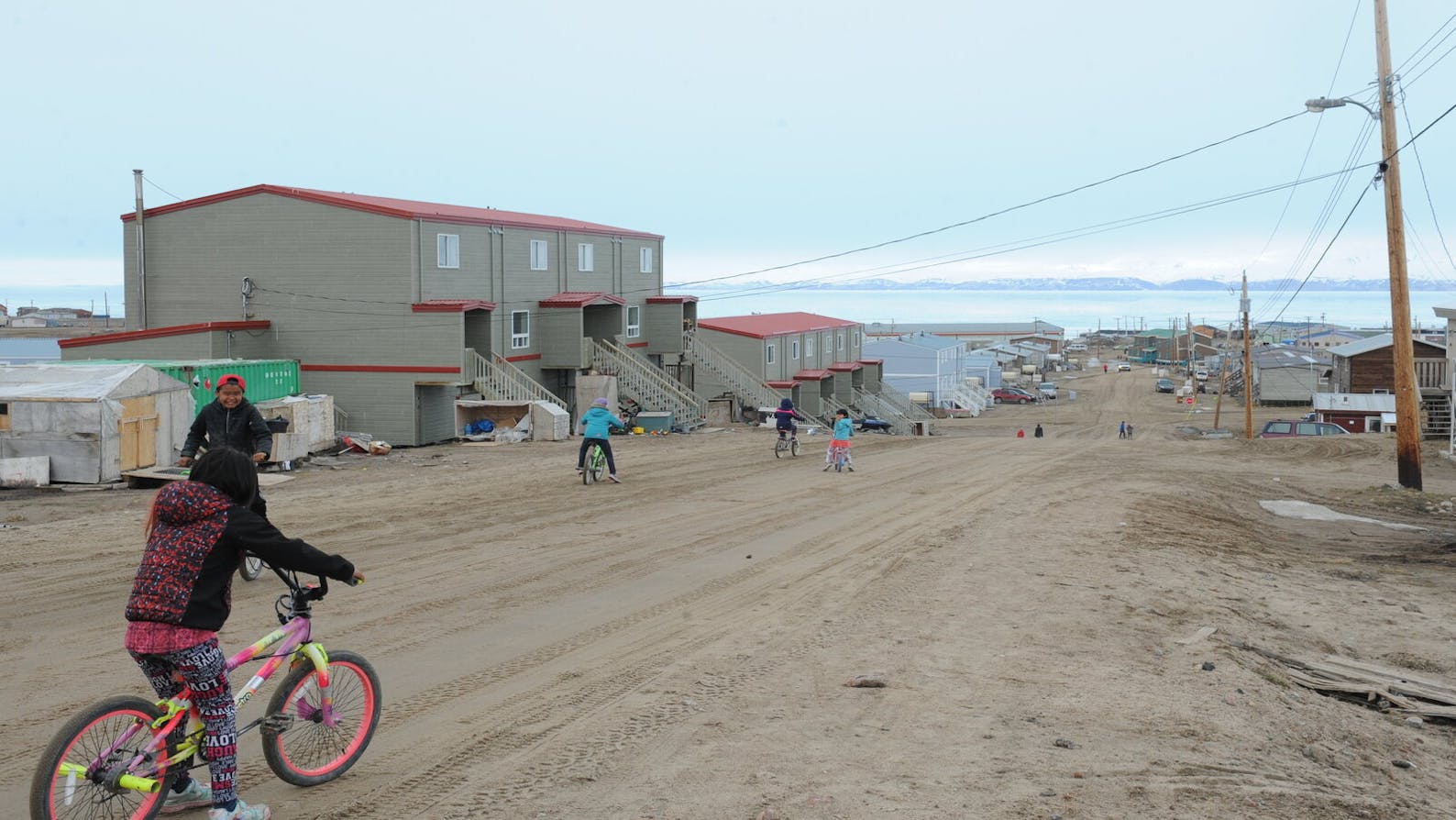By Shannon Watt, President and CEO, Canadian Propane Association
Achieving climate goals requires an all-hands-on-deck approach. The energy transition to a low-carbon future involves overcoming a range of technical challenges under the ambitious deadline of reaching net-zero GHG emissions by 2050.
Canada’s vast and often remote landscape coupled with a cold northern climate highlights the importance of adopting a flexible and adaptable approach to energy policy that considers the needs and potential challenges in all parts of the country.
For example, Canadians living in rural and remote areas do not always have access to the electric grid or natural gas pipeline system and are limited in their energy choices. Canadians living in areas that experience extreme winter temperatures in the -20 or colder range also have unique challenges when it comes to heating their homes. Resource availability, technology readiness and suitability, community acceptance, cost, and investment must all be considered in the pursuit to reduce emissions.
We need all low-carbon energy options to ensure all Canadians have access to affordable and sustainable heating, regardless of where they live. This includes lower-emission propane – available now with no new infrastructure or technology required. When compared to traditional sources, propane immediately reduces GHG emissions, improves indoor air quality, and has no land contamination threats when spilled. Propane is a better environmental choice and is not subject to power outages like electricity, making it one of the most reliable energy sources available.
National Propane Day, which takes place on March 21, highlights propane as an essential energy source for Canada’s low-carbon future. Propane is an abundant, Canadian-made, versatile energy source used for heating homes and businesses, agriculture, and transportation, among many other uses. National Propane Day celebrates propane as energy for all.
The benefits of propane can be expanded even further than what we traditionally see today. It can replace diesel, provide reliable backup for wind and solar facilities, generate mobile power generation for the family farm, and power clean low-emission school buses for children. As energy’s “first responder”, it can also provide power when other forms are not available.
Propane is an immediately available solution to help Canada work towards creating a cleaner environment. As innovation and technology advance, renewable DME and renewable propane, already produced in the U.S. with near zero emissions, will be an option for Canadians, with little to no changes to existing infrastructure.
National Propane Day recognizes the important role of propane as a low-emission energy source that is affordable and accessible for all Canadians. Canadian Propane Association members will be meeting with government representatives on Parliament Hill to talk about the importance of including propane in government policy. All low-emission pathways must be a part of Canada’s clean energy future and reflect that the energy transformation will not look the same for Vancouver as it does for the Peawanuck community in Northern Ontario or St. Brendan's in Newfoundland and Labrador. To decarbonize the Canadian energy system effectively and affordably, we must ensure an equitable approach, one that is affordable and reliable for all Canadians. A realistic approach will include propane and will help the country transition to clean energy responsibly and inclusively, ensuring energy security for all.







